Dr Paul Martin is a Dundee-based doctor. He helps patients understand their health care needs and maintain their independence after illness or surgery.
Many operations were cancelled or postponed as the NHS focused on managing the coronavirus pandemic and prioritising emergency treatments.
And Dr Martin says he has seen first-hand the devastating impact this can have on people; many feeling forgotten, frustrated and anxious.
However, the good news is there are some things you can do before surgery to really make a difference to post-operative recovery.
Here, Dr Martin shares his expertise and five top tips.

It’s important to consider what your surgical journey might look like in this post-pandemic world.
1. Expect things to change
It’s likely you’ll have fewer face-to-face appointments and more phone/video consultations; and when you do have face-to-face appointments, they could be in an alternative location.
A team of people will likely be involved, helping you with exercise and nutrition, preparing you psychologically for what’s ahead, and potentially altering any medications.
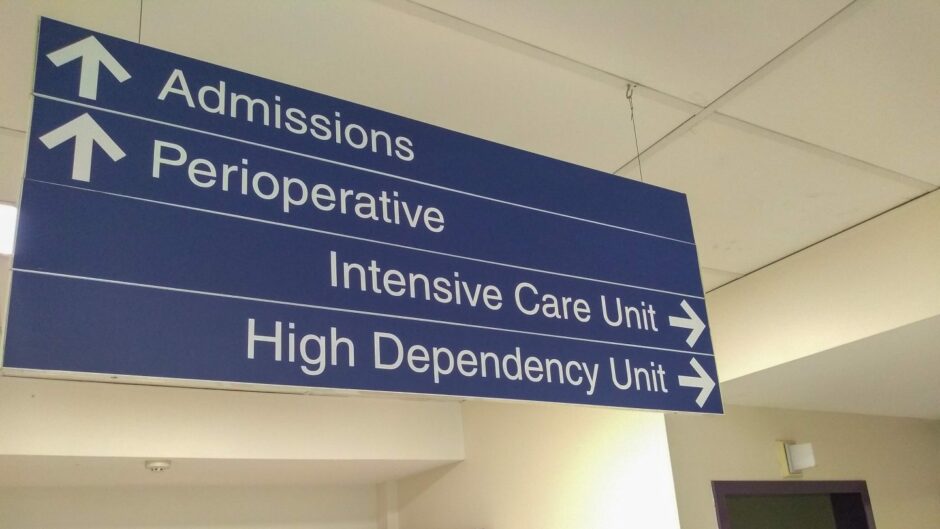
This is about ensuring our health services can manage demand and because it offers patients a better chance of recovery.
All medical professionals want is for each patient to get the right help, delivered by the right team, at the right time.
2. Look at your lifestyle
Anything you can do to take ownership of your health and look after yourself is time, money and effort well spent.
So, think about your lifestyle and take any necessary steps to improve your general health.
Stay active because that will improve cardiovascular health and support a healthy weight range. And reduce alcohol consumption.

Think about how you spend your free time.
Research shows being outdoors doing even mild exercise reduces blood pressure, stress levels and improves mood – and all of these are critical to your body’s resilience and recovery.
It may mean you need to be more organised and disciplined, but it’s an important change that makes a positive difference.
3. Increase the amount of water you drink
Most of us don’t drink enough water and maintaining good levels of hydration is key for most of our organ systems.
It’s even more crucial in the perioperative setting; in helping us regulate temperature, prevent infection and allowing our body to react to the physiological stresses of surgery.

My work usually involves helping older, more frail patients and it’s even more important that they follow this advice.
These patients may already be on multiple medications to balance and maintain their health and, for them, mobility, nutrition, and cognition are even more important.
4. Stay mobile
Maintaining mobility will reduce muscle mass loss and maintain independence; while good nutrition will help reproduce blood cells, grow new tissue and heal the surgical wounds.
And recognising the current state of cognition and mental health will also go a long way to ensuring post-surgery recovery.
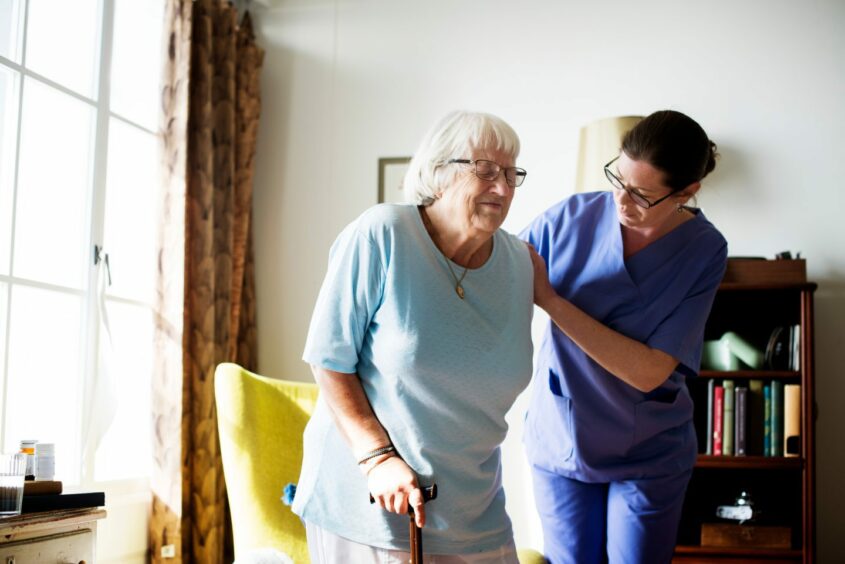
Our brains, like any other organ, can be affected because of surgery and I often see mild cognitive impairment become exacerbated by surgery.
5. Be honest about how you’re feeling
Don’t be afraid to mention any memory difficulties and/or mental health issues so the right structure can be put in place to help you regain your cognitive baseline post-surgery.
For patients who follow these five tips, surgical outcomes are better. And their family, friends and communities are better prepared to offer any additional support needed.
For patients who don’t receive, or don’t follow, this advice, post-operative outcomes are often poorer with increased complications and extended hospital stays.

This can have a negative impact both physically and psychologically.
This advice applies to all age groups and for all surgeries – and it really does make a difference in post-operative recovery.
Ultimately, we cannot avoid surgery if it’s necessary for a particular medical problem, for example, if your appendix ruptures or you break your hip.
However, if you look after your health, you’re putting yourself in the best possible position for post-operative recovery.



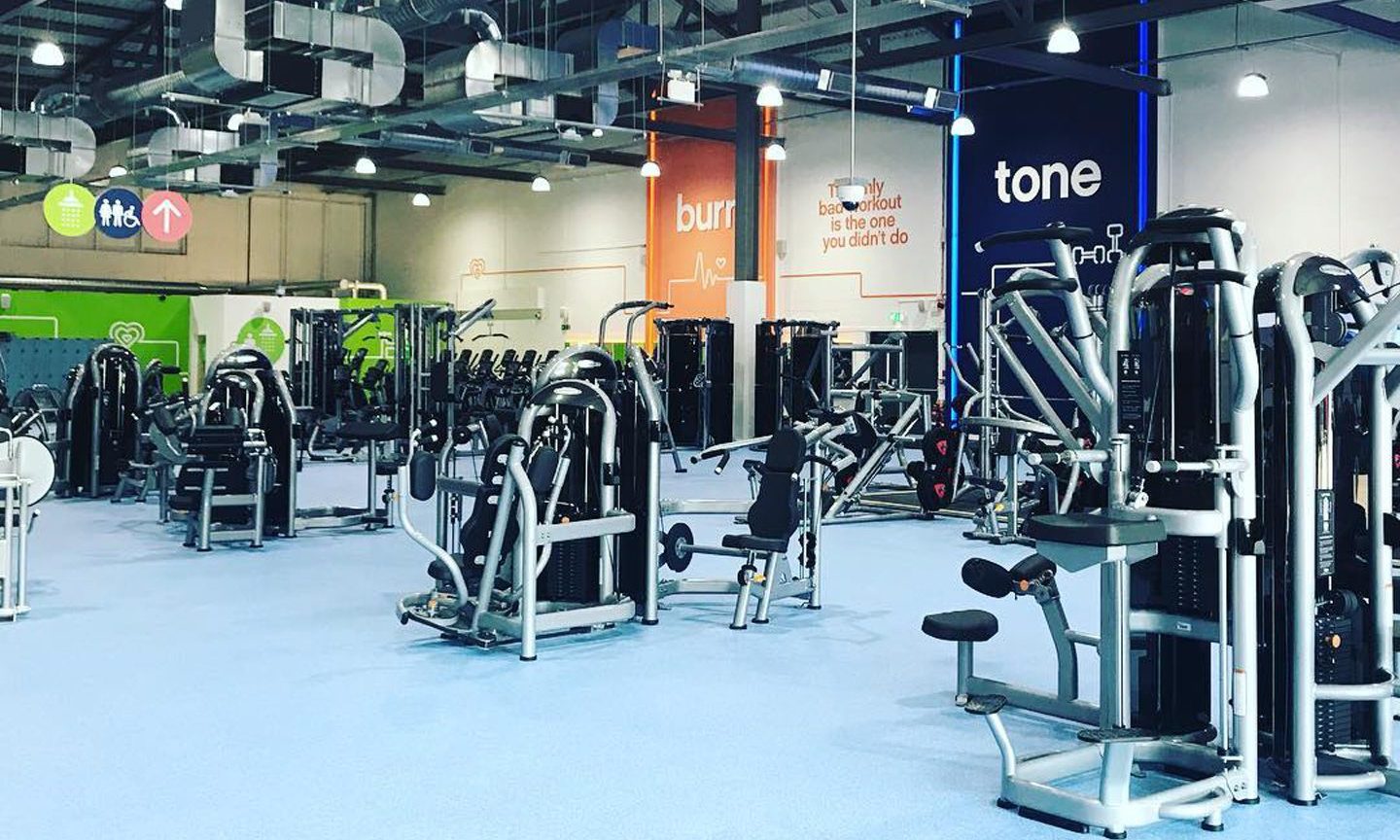



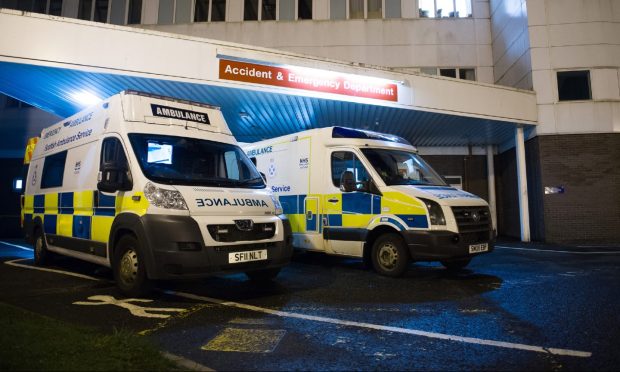
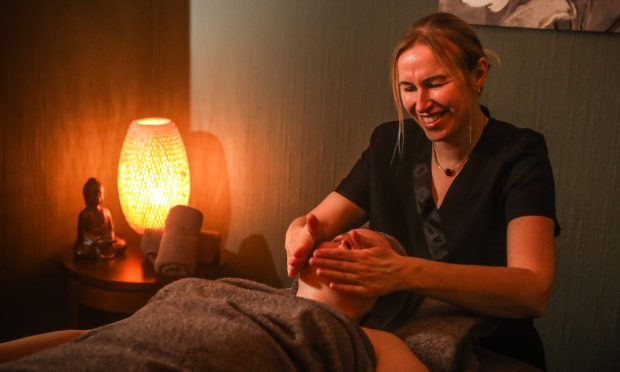


Conversation